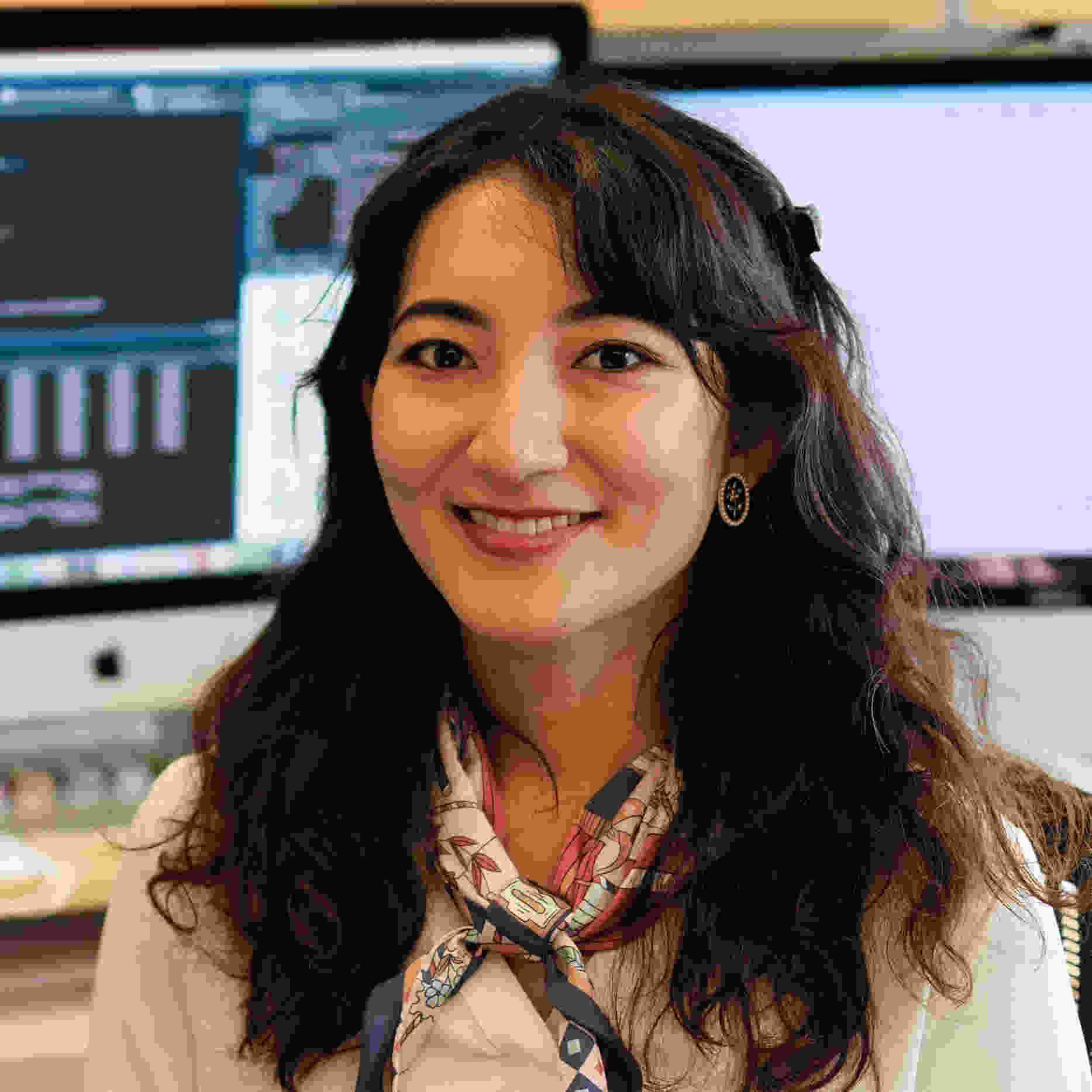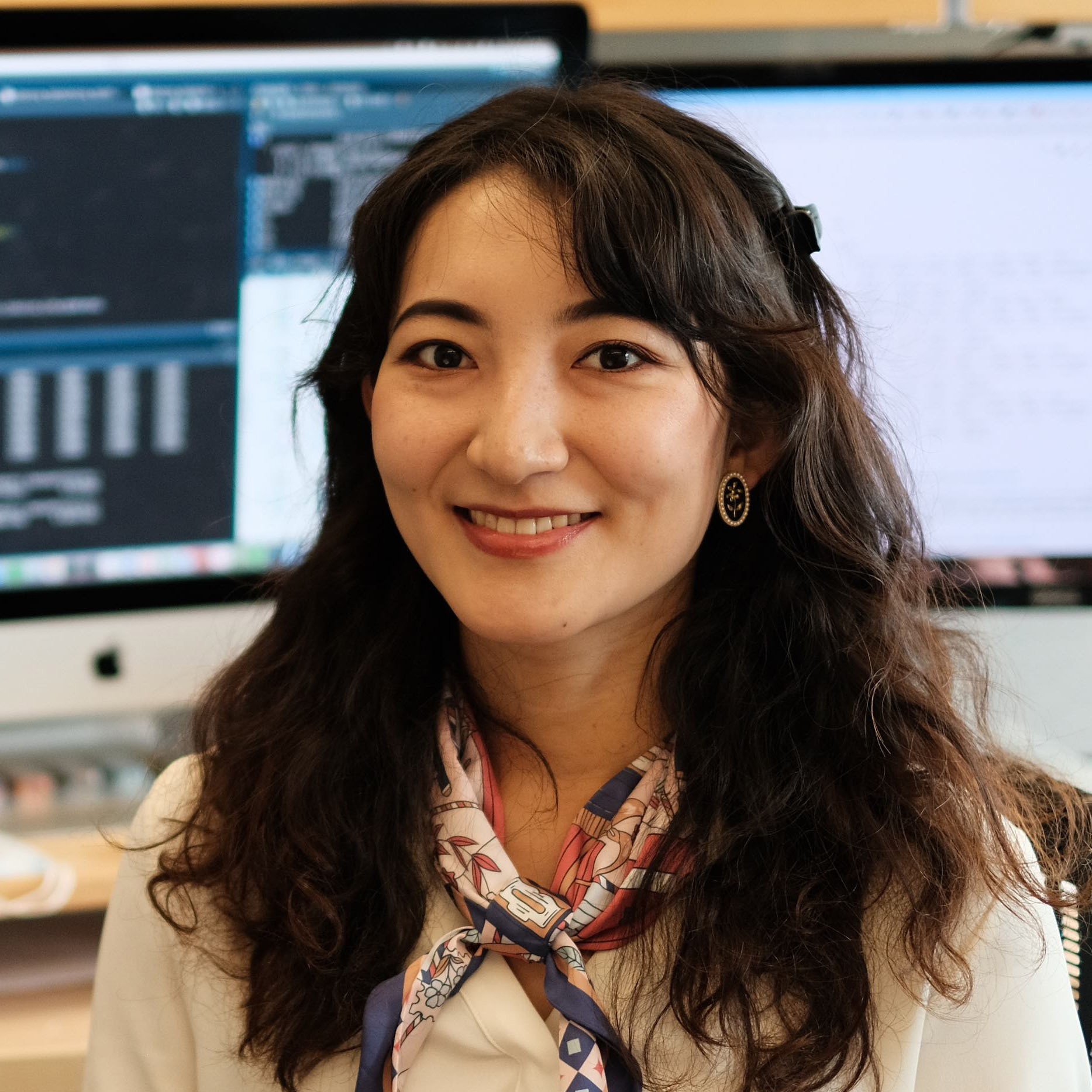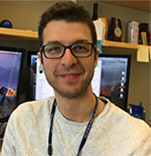Lab Members
-

Manuel Garber
Professor, Bioinformatics Core DirectorProgram in Bioinformatics and Integrative Biology
Program in Molecular Medicine
Since the completion of the human genome I have been working on identifying and functionally characterizing non-coding regulatory elements. While at the Broad Institute I developed computational techniques to integrate comparative genomics and functional genomics data. This effort resulted in Siphy, an algorithm to identify both reduced and skewed substitution rate that are typical of functional elements and Scripture, one of the first algorithms to assemble transcripts from RNA-Seq data.Since moving my laboratory to the UMass Chan Medical School I complemented our computational genomics approach with a wet laboratory. I still continue to maintain Siphy and contribute to all computational tools in the lab (https://github.com/garber-lab/siphy).
-

Carolina Salomāo Lopes
Sr. Research Scientist
Carolina is interested in genes that regulate the mammalian immune response. She is looking for epigenetics and transcriptional mechanisms that directly impact mRNA abundances. To study these processes, she utilizes cellular, molecular and genomics approaches in macrophages and dendritic cells. -

Yuming Cao
Post Doc
Yuming is focused on systematically characterizing the influence of flu virus on the nasal tract using single cell RNA sequencing on cells from human nasal wash sample. She is also interested in the role of transcription factors in modulating the host responses in innate immune cells after pathogen stimulation. -

Crystal Shan
Graduate Student
Crystal is interested in investigating the link between genetic variation and skin cell response in vitiligo -

Yuqing Wang
Graduate Student
Yuqing is interested in understanding the transcriptional and epigenetic differences between skin autoimmune diseases. She is currently focusing on comparing two clinically hard-to-distinguish diseases, lupus and dermatomyositis, by scRNA-seq and scATAC-seq. -

Alper Kucukural
Associate ProfessorBioinformatics Core
Program in Molecular Medicine
Alper designs and implements reusable, robust and production grade bioinformatics analysis pipelines and pipeline generation tools for processing next-generation sequencing data that support researchers in UMass Chan Medical School. -

Onur Yukselen
Bioinformatician
Onur is interested in creating easy to use pipelines for processing highthroughput data.He is currently developing user-friendly servers for creating custom pipelines (https://dolphinnext.umassmed.edu/). -

Heidi Beberman
Department Administrator -

This could be you
Students/Post-Docs/Research Staff
We are actively recruiting talented people into our group at various positions. Please email Manuel with a current CV, including publications and research experience, and a brief statement of interests.








